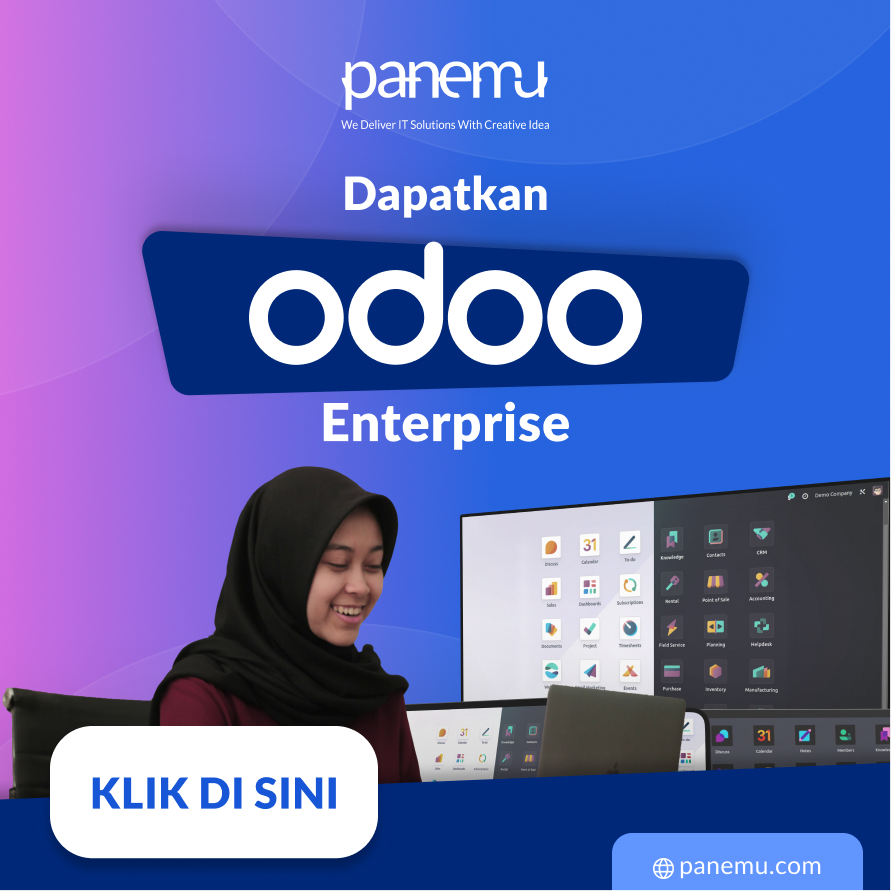The world of accounting is experiencing a massive transformation thanks to technological advances. Processes that used to take a long time and were prone to errors can now be done faster, more accurately and more efficiently. The latest technology not only makes the job of accountants easier but also helps companies make smarter business decisions.
In this article, we will discuss 5 of the latest technologies that are changing the world of accounting, providing insight into how these technologies can improve a company's efficiency, accuracy and competitiveness.
1. Artificial Intelligence (AI)
AI is one of the most revolutionary technologies in accounting. With its ability to analyze data quickly and deeply, AI has changed the way accountants work, from automation of routine tasks to predictive analysis.
AI Applications in Accounting
- Routine Process Automation: Tasks such as transaction matching, financial report generation, and expense tracking can be performed by AI, reducing human error.
- Predictive Analysis: AI helps analyze financial trends to provide insight into the future of the company.
- Fraud Detection: AI is able to detect suspicious activity or anomalous patterns in financial data.
Impact:
AI helps accountants focus on tasks that require analysis and strategic thinking, making their role more valuable to companies.
2. Blockchain
Blockchain was originally famous as the technology behind cryptocurrencies such as Bitcoin. However, its unique feature of creating secure and immutable records makes it highly relevant for accounting.
Blockchain Applications in Accounting
- Transparent Transactions: Blockchain allows every transaction to be recorded in a decentralized ledger, providing high transparency and accuracy.
- Automated Audits: Since blockchain records are immutable, auditors can verify transactions more easily and quickly.
- Data Security: Blockchain provides a high level of security, protecting financial information from unauthorized access.
Impact:
Blockchain reduces the risk of errors and fraud, increasing confidence in financial reports.
3. Cloud Computing
Cloud computing has become the backbone of many modern accounting applications. By storing data in the cloud, companies can access their information anytime and from anywhere.
Cloud Applications in Accounting
- Real-Time Access: Financial data can be accessed instantly, allowing finance teams to work more flexibly.
- Better Collaboration: With data stored in the cloud, teams spread across multiple locations can work on the same documents simultaneously.
- Reduction in IT Costs: Companies no longer need to invest heavily in internal server infrastructure.
Impact:
Cloud computing improves operational efficiency and allows companies to adapt to dynamic business needs.
4. Robotic Process Automation (RPA)
RPA is a technology that uses software robots to perform repetitive tasks usually performed by humans. In accounting, RPA has become an important tool for increasing efficiency and accuracy.
RPA Applications in Accounting
- Invoice Management: RPA can read and process invoices automatically, reducing manual workload.
- Bank Reconciliation: Software robots can quickly and accurately match bank transactions to company records.
- Tax Reporting: The tax calculation and reporting process can be automated, reducing the risk of errors.
Impact:
RPA allows companies to save time and costs while minimizing errors.
5. Data Analytics and Big Data
In the data era, the ability to analyze large amounts of information is key to business success. Data analytics allows companies to leverage their data for better decision making.
Data Analytics Applications in Accounting
- Financial Performance Analysis: With big data, companies can dig deep insights into revenue, cost and profitability trends.
- Customer Segmentation: Data analytics allows companies to understand their customers better and group them based on financial contribution.
- Budget Optimization: Data can be used to design more realistic and efficient budgets.
Impact:
With data analytics, accountants not only function as reporters but also as strategic advisors to companies.
How Does ERP Integrate These Technologies?
Enterprise Resource Planning (ERP) systems like Odoo ERP combine modern technologies, including AI, cloud computing, and data analytics, in one integrated platform. By using ERP, companies can:
- Automating Financial Processes: Odoo ERP allows financial recording and reporting to be done automatically and in real-time.
- Integrating Data: All information from various departments is stored in one system, making analysis and decision making easier.
- Ensures Security: With cloud and encryption features, Odoo ERP protects company financial data from cyber threats.
Panemu: Official Odoo ERP Partner in Indonesia
As the official implementer of Odoo ERP, Panemu presents solutions specifically designed to help companies take advantage of the latest technology in the world of accounting.
Why Panemu?
- Integrated Solutions: Panemu ensures your Odoo ERP implementation covers all accounting and business management needs.
- Professional Support: From initial consultation to training and maintenance, Panemu provides comprehensive service.
- Local Experience: By understanding the Indonesian market, Panemu is able to provide solutions that comply with local regulations and business needs.
Conclusion
Technologies such as AI, blockchain, cloud computing, RPA, and data analytics are revolutionizing the world of accounting. Companies that want to remain competitive must adopt this technology to improve efficiency, accuracy, and strategic decision making.
With an ERP system like Odoo, implemented by a trusted partner like Panemu, you can integrate this technology into your company's operations easily. Start your company's digital transformation now and make technology the driver of your business success!

